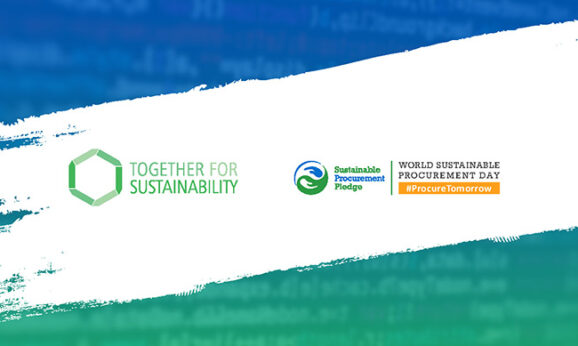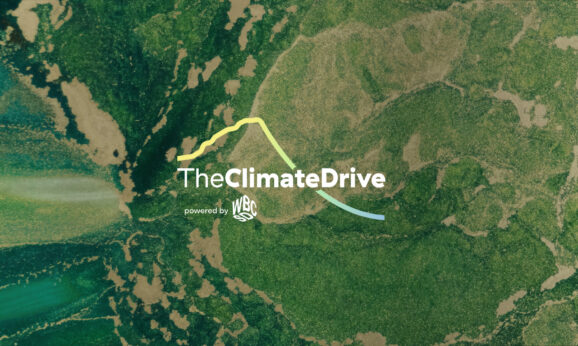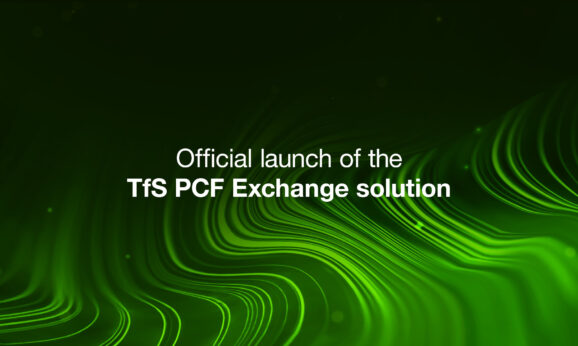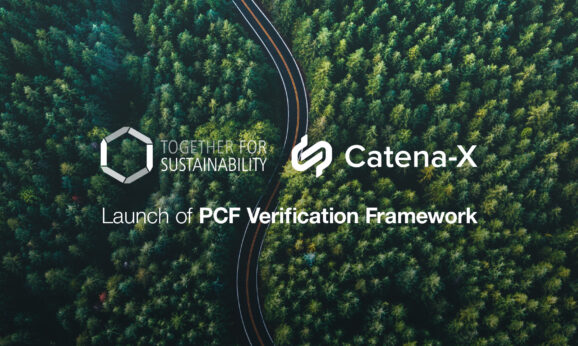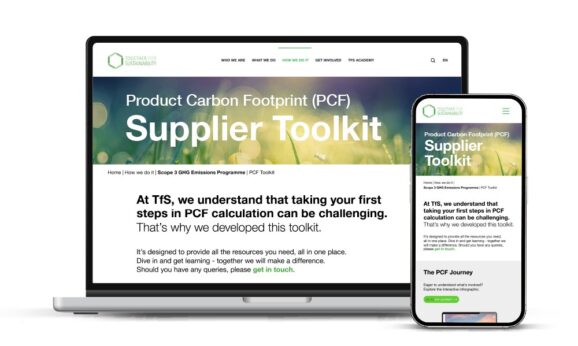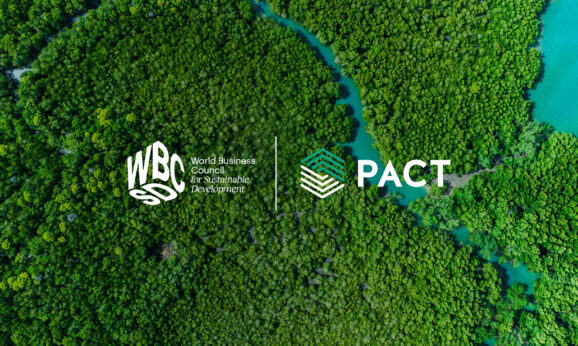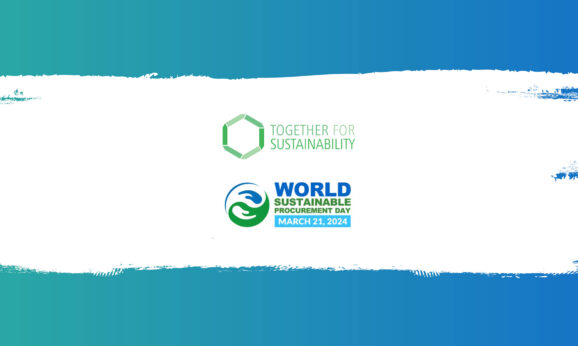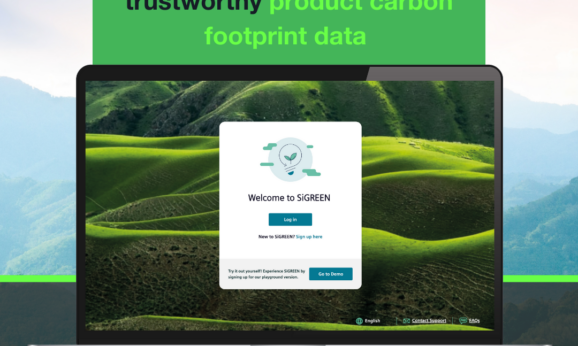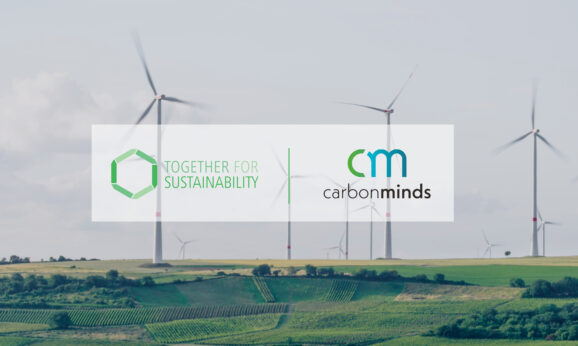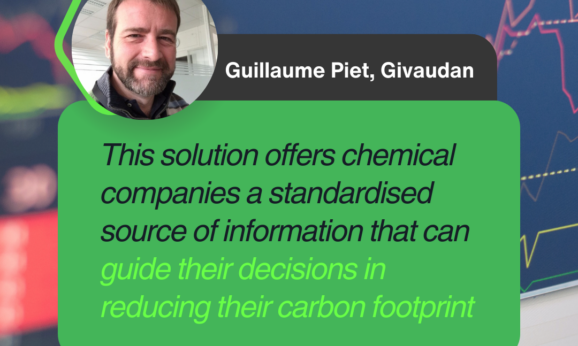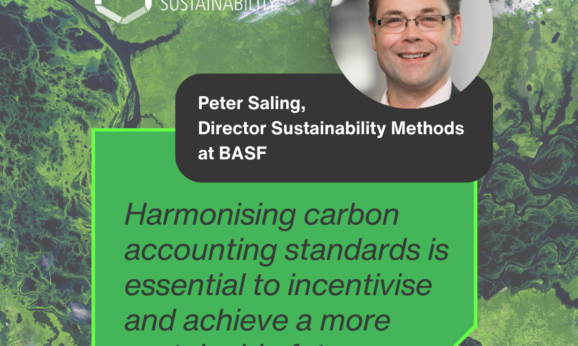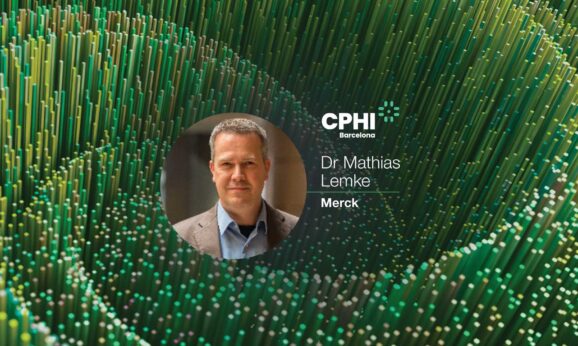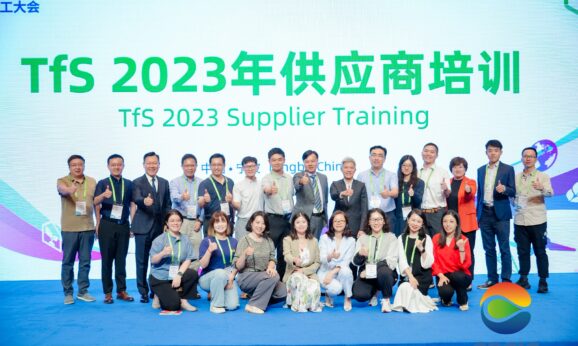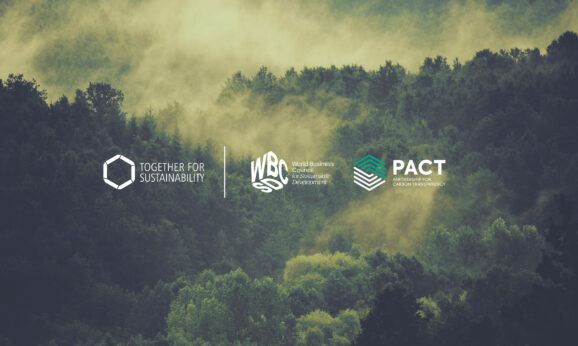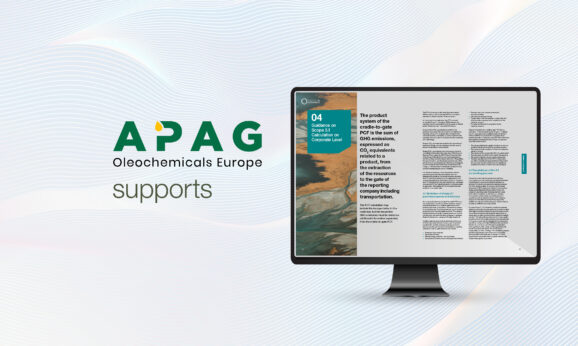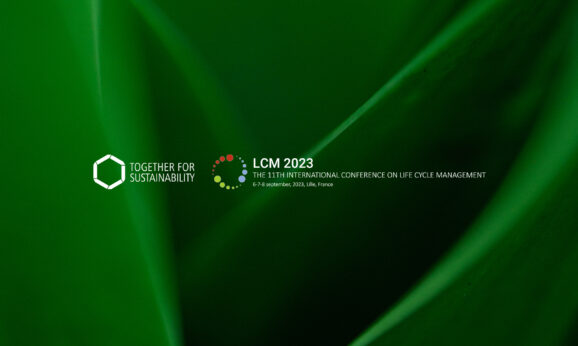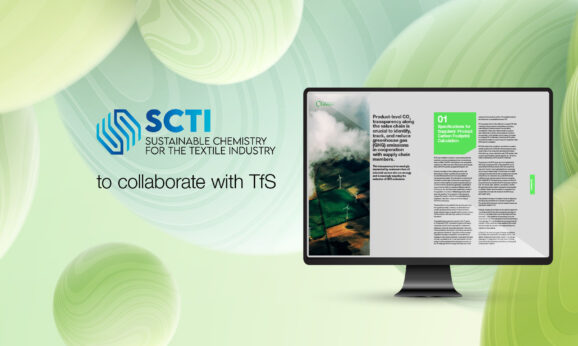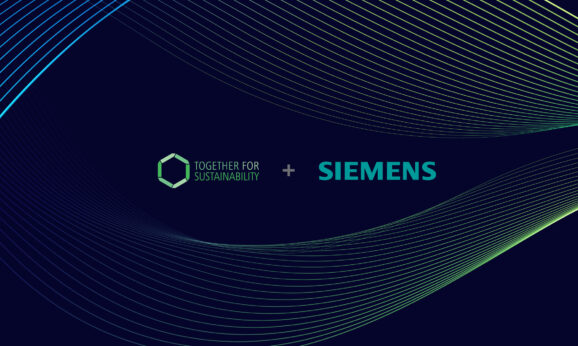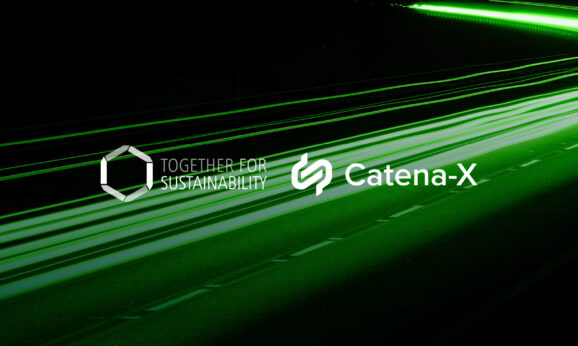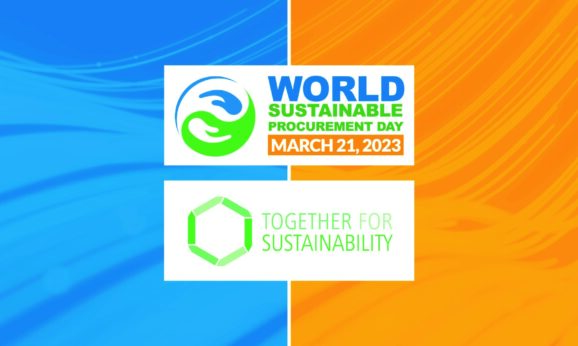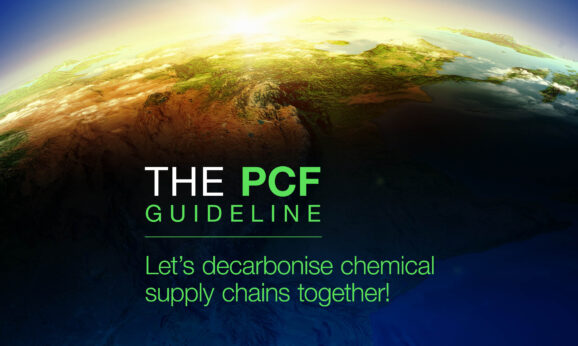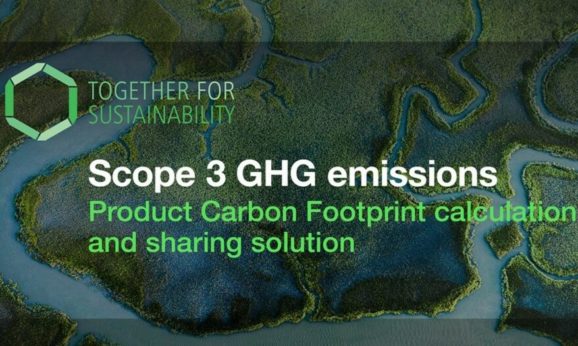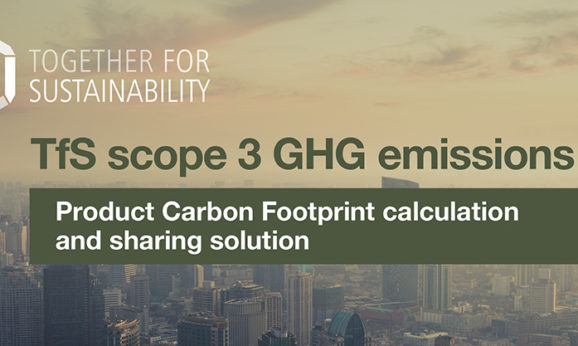Unlocking the power of data exchange for decarbonisation in the chemical sector

In today’s fast-paced industrial landscape, the pressure to innovate has never been more intense. With climate change pushing global industries to decarbonise, the demand for reliable and transparent emissions data is reaching critical levels. For the chemical industry, tackling emissions, especially Scope 3 emissions ‒ i.e., those arising from a company’s supply chains ‒ is no small feat. The launch of the Product Carbon Footprint (PCF) Exchange solution by Together for Sustainability (TfS) marks a game-changing moment, offering a cutting-edge data exchange platform that promises to transform how chemical companies measure and manage emissions across their global supply chains.
The PCF Exchange solution represents a revolutionary step forward, not only for the chemical sector but for industries worldwide, showcasing the true power of data exchange in driving decarbonisation.
Reinforcing the power of data exchange in the chemical sector
TfS, a global membership organisation comprising over 50 major chemical companies, has been at the forefront of accelerating sustainability within the industry. With initiatives designed to improve transparency and foster collaboration, TfS aims to transform the industry’s approach to managing carbon footprints. The PCF Exchange solution, developed in partnership with Siemens and its advanced SiGREEN technology, is the latest tool in this effort.
This new platform enables companies to seamlessly track and exchange emissions data, supporting their goals of reducing greenhouse gas (GHG) emissions and meeting climate targets, such as those outlined in the Paris Agreement. As Dr Gabriele Unger, TfS General Manager, emphasised, “The PCF Exchange solution, together with our established PCF Guideline and White Paper, equips TfS members and suppliers with the necessary tools to generate accurate, consistent data and seamlessly exchange it. This marks a significant step forward in helping the industry reduce Scope 3 GHG emissions with greater transparency and precision.”
Unlocking efficiency: The benefits of the new data exchange solution
One of the primary advantages of the PCF Exchange solution is its ability to streamline the often-complex process of exchanging carbon footprint data. By allowing companies to request, compare and analyse data from their suppliers on a large scale, the platform drastically reduces the administrative burden typically associated with emissions reporting. This efficiency improvement is crucial, particularly for industries like chemicals where supply chains are global and managing carbon data at scale can be a logistical nightmare.
For companies struggling to keep up with growing demands for emissions data, this platform offers a solution. In pilot phases, early feedback highlighted the potential of the PCF Exchange solution to significantly improve data quality and accessibility. Participants reported reductions in processing time, enabling them to focus more on strategic decarbonisation efforts rather than the manual aspects of data collection.
This ability to simplify and scale the data exchange process will have far-reaching effects, not just for TfS members but for the broader chemical industry and other sectors facing similar challenges. The platform’s use of Siemens’ SiGREEN technology ensures that the carbon data exchanged is both secure and reliable, helping companies build trust with their suppliers and stakeholders by offering consistent, traceable data.
Ensuring data security and sensitivity in the supply chain
One of the most pressing concerns for industries today, especially in sectors where sensitive information is regularly shared, is data security. The chemical industry, with its complex and often competitive supply chains, is no exception. Recognising these concerns, TfS has built the PCF Exchange solution with robust security measures to protect the privacy and integrity of data being shared between companies and their suppliers.
By ensuring that data is only exchanged between authorised parties, the platform addresses the growing need for secure, trusted data-exchange mechanisms. This safeguard not only minimises operational risk but also enhances brand trust, making it easier for companies to engage in transparent carbon footprint reporting without compromising sensitive business information.
Driving industry-wide decarbonisation through collaboration
With COP29 on the horizon and global expectations for emissions reductions intensifying, companies are under greater scrutiny to provide transparency on their Scope 3 emissions. Scope 3 emissions often account for the majority of a company’s carbon footprint, making them a focal point for industries seeking to meet decarbonisation targets.
As Maria Valentina Giraldo Martinez, Co-Chair of the TfS Workstream ‘GHG Scope 3 Emissions – Data Collection and Sharing’, noted, “For the first time, companies will have a reliable, standardised platform to manage carbon data from across their supply chains.” This capability will empower businesses to take more proactive steps towards improving their emissions tracking, helping them stay ahead of regulatory requirements and stakeholder expectations.
Catalysing decarbonisation across industries
Although initially developed for the chemical industry, the potential applications of the PCF Exchange solution extend far beyond the sector. The platform’s capabilities can benefit other industries, amplifying its environmental impact. SiGREEN technology is already being adopted in the automotive sector, for example. By offering training and onboarding through the TfS Academy, TfS is committed to ensuring that both members and their suppliers can seamlessly integrate the new platform into their operations.
As more companies seek ways to reduce their carbon footprint, the demand for standardised, secure data exchange will continue to grow. The PCF Exchange solution is a timely response to this need, providing companies with the tools they require to make meaningful emissions reductions and drive the global shift towards decarbonisation.









